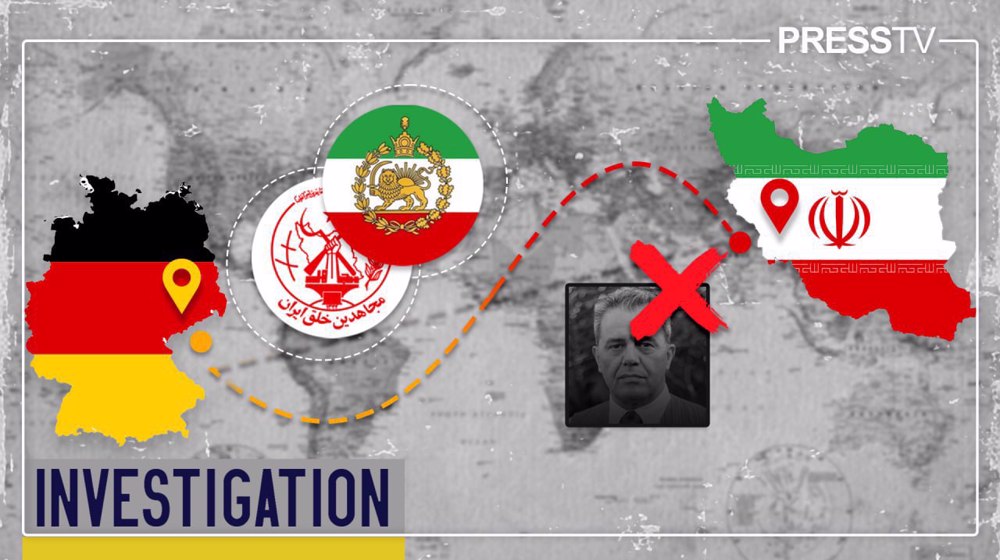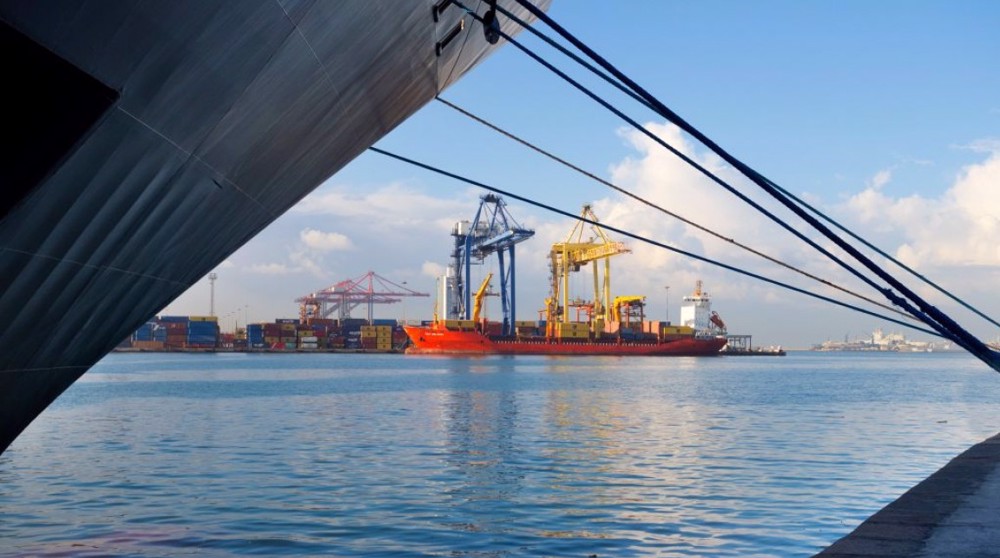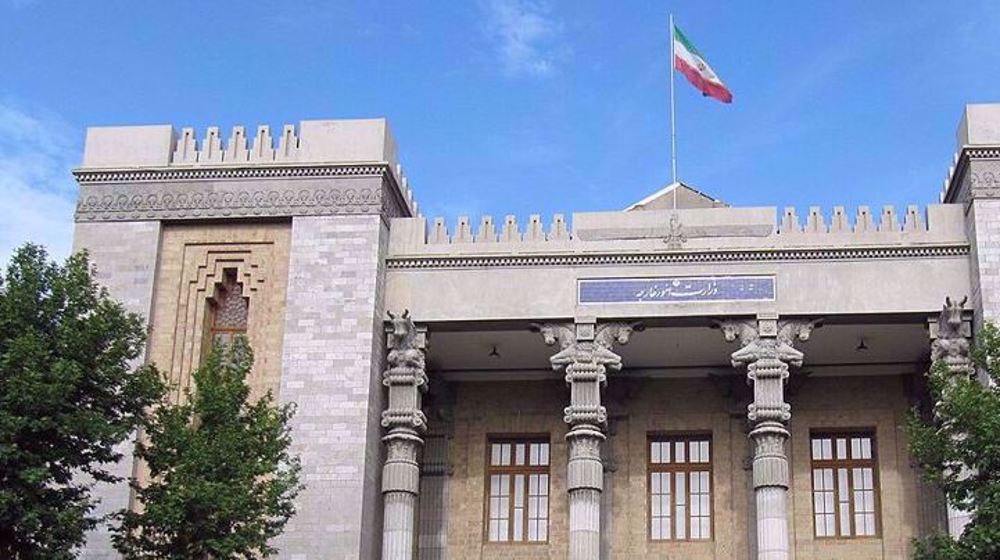Germany revises down 2015 figure of refugees taken in
Germany’s Interior Minister Thomas de Maiziere says new centralized figures show that 890,000 refugees were received by the country last year, revising down a previous number of 1.1 million.
The new figures are more precise in that they did not allow for people being counted multiple times or for those who had since left Germany.
The German minister said there had been a sharp drop so far in 2016 to 210,000 people seeking refuge in the country as of last week.
De Maiziere said the figure of 890,000 asylum seekers was “still very high.”
“It was through enormous efforts ... that we mastered this challenge well overall.”
“At the same time we all agree that the situation from last autumn must not be repeated,” the German minister said.
De Maiziere also stated that Berlin remained committed to its “humanitarian responsibilities” regarding refugees.
“That's why we have adopted numerous measures, internationally, in Europe and in Germany, to clearly and sustainably reduce the number of asylum seekers coming to Germany, while meeting our humanitarian responsibilities.”

Europe is facing an unprecedented influx of refugees, who are fleeing conflict-ridden zones in North Africa and the Middle East, particularly Syria.
Many blame major European powers for the unprecedented exodus, saying their policies have led to a surge in terrorism and war in those regions, forcing more people to flee their homes.
Berlin has declared certain states in the western Balkans and North Africa "safe countries of origin," which means citizens from those countries will not be able to easily obtain refugee status in Germany.
The German government also seeks deals with the “safe countries of origin” to speed up deportations of people who have been refused asylum.
48-year-old Palestinian man serving 48 life terms completes 22 years in Israeli jails
From MKO to Tondar, how Germany became safe haven for anti-Iran terror groups
Hamas open to any proposal aiming to end Gaza war: Hamdan
Role of private sector in Iran’s thriving space industry
Four Palestinians killed in Israeli strikes on West Bank
Iran warns of ‘calculated, precise’ response to Israeli aggression
After year-long genocide, Israeli military hires private firms to flatten buildings in Gaza
Malaysia working on resolution to expel Israel from United Nations










 This makes it easy to access the Press TV website
This makes it easy to access the Press TV website